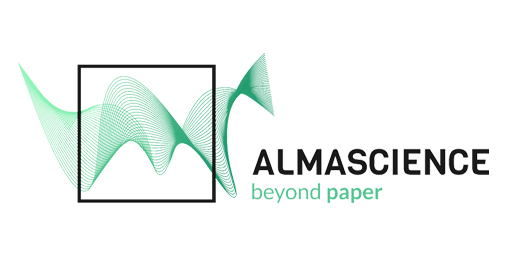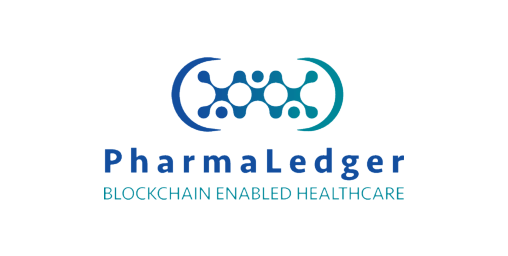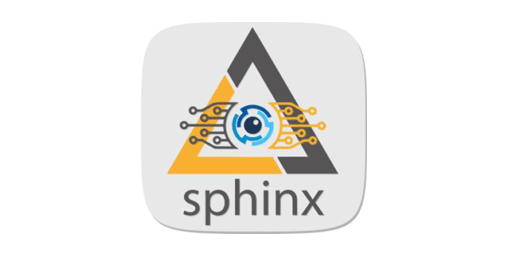INNOVATION PROJECTS
WE ARE BUILDING A NEW FUTURE.
WE TAKE INNOVATION FURTHER.
WE TAKE INNOVATION FURTHER.

ATLAS
Winning idea in the 2nd Edition of the IN3+ Award, the project aims at improving the logistics of PEP (Portuguese Electronic Passport) and CC (Citizen’s Card) production and expedition, through the use of collaborative robotics for product transportation between security areas, handling and operation of an automated warehouse, and sending the final validated products for the expedition.
Based on the paradigm of Industry 4.0, it allows not only to guarantee the location and security of all valuable materials transported but also to free employees from heavy and automated tasks.
Developed in partnership with the Research Center UNINOVA, from NOVA School of Science and Technology | FCT NOVA.

SECRET ROLE
Winner idea in the 1st Edition of IN3+ Prize, the project “Secret Paper – An Innovative and Low-Cost Approach” coordinated by Elvira Fortunato and Rodrigo Martins, from NOVA School of Science and Technology | FCT NOV was developed in partnership with the Materials Research Center (CENIMAT) of NOVA School of Science and Technology | FCT NOVA.
Today it already has its own brand – ALMASCIENCE, Beyond Paper – and several ongoing initiatives in the health, marketing, and sustainability sectors.
Learn more about the project at the ALMASCIENCE site.
UNIQODE
A new MRC (Machine Readable Code) developed in partnership with the University of Coimbra and supported by an integrated and innovative system that prevents product adulteration and facilitates its traceability.
A unique identifier that can be validated through smartphones, becoming a versatile and accessible tool that makes each consumer a potential ally of brands and authorities in the fight against counterfeiting.
It aims to promote trust in the marketplace and can be applied to identification documents, as well as to various goods and products that are of high value and quality, and therefore more subject to forgery and counterfeiting.
This technology is already being implemented in products such as the Portuguese tobacco tax stamp and the Single Automobile Document.
IDMOBILE
The IDMobile project – Digital Mobile Identification developed in partnership with the Institute for Systems Engineering and Computers, Technology and Science (INESC TEC).
It aims to develop a solution for issuing digital identification documents (civil, professional, academic) which are used through mobile devices (smartphones, tablets), based on decentralized infrastructures (e.g. private, semi-private, or public Blockchain), and on advanced biometrics complemented by behavioral biometrics, in compliance with RGPD and eIDAS.
The great impact of this project is to fill the need that citizens increasingly have to identify themselves in a safe and credible way in the digital world and thus easily, quickly, and securely access the most varied services.
FACING
In identification and travel documents (such as passports or citizen cards, among others), in addition to biographical data, the photograph is a central element for associating a document with its bearer.
Many document frauds involve altering the photograph or generating a photograph that allows future false identification.
In this project, we intend to create tools to improve the visual characteristics of the image and validate that the photograph meets international standards for issuing identification documents.
It is also the goal of this project, to perform life-proofing during photo acquisition and to create an application, for mobile devices, for facial recognition.
Project co-funded by the P2020 program.
UNIQUEMARK
Developed in partnership with the University of Coimbra, its objective is to create unique contrasting marks, without the possibility of being copied or falsified.
One of the goals of the UniqueMark project is to allow the authenticity testing of the object to be done by goldsmiths, merchants, and consumers, armed with easy-to-use instruments such as smartphones.
NANOMARCADOR
The Nanomarker Project results from a partnership with the Materials Research Center – Institute for Nanostructures, Nanomodelling and Nanofabrication (CENIMAT/i3N) belonging to the NOVA School of Science and Technology | FCT NOVA.
The project aims to produce nano labels for incorporation in security paints and to develop a reader for validation of the elements.
Security features will be printed using conventional printing methods (offset, screen, flexo, and inkjet) for the production of high-security documents/seals.
DRE SEARCH ENGINE
The new search engine for the Official Gazette is developed in partnership with the Institute for Systems Engineering and Computers, Research and Development (INESC ID) and gives continuity to the digital experience already provided by the Electronic Official Gazette.
The main goal is the development of a new search tool supported by Artificial Intelligence, with Natural Language Processing (NLP), capable of responding with agility and effectiveness to the highly specialized and institutional content of the DRE.
The main impact of this project is to offer a more specialized response to content search by professionals, institutions, companies, and citizens with the creation of an integrated application solution that offers search results ordering service and a behavior analysis service.
This vision also enables INCM to analyze the behavior of the DRE users, and thus to adapt the search to the user’s profile, continuously improving the user experience.
SUPPLY INNOVATION
The publishing and cultural area of the INCM will make 2020 the biggest effort of its history in the path of dematerialization and a differentiated offer of content.
We premiered on Antena 2 a weekly program about “essential authors”, later made available as podcasts. We developed the site of the National Press with its own contents totally oriented to Portuguese literature and culture, as well as to the history of the institution.
We have started a collection of free audiobooks of Portuguese classics. By the end of the year, we will have more than 200 digital editions (paid and free).
Dematerializing culture and making it accessible to everyone is also an innovative way for us to better reach more people and capture new readers.
ADDITIVE CURRENCY
The development of Additive Currency is based on the introduction of Industry 4.0 and new production and manufacturing methodologies with a special focus on the potential of 3D Printing, which is an excellent solution to meet the high demand for components with increasingly complex geometries.
Its goal is to use additive technologies to manufacture mint disks with complex geometric shapes and details, impossible to manufacture through the so-called “traditional technologies”.
The “Additive Coin” project will enable the production and marketing of limited series of innovative commemorative coins with fixed or movable three-dimensional details, as well as the production of coins through a combination of traditional minting techniques and modern additive technologies.
TRANSPARENT CURRENCY
This project is the result of the 2nd place in the 1st edition of the Prize and its goal is to mint totally or partially transparent coins using polymeric materials.
The challenge lies mainly in the definition of new production processes and methodologies that are capable of ensuring levels of cold-formability, fracture toughness, and dimensional stability appropriate for the creation and maintenance of the geometric details that are characteristic of the coins’ obverse and reverse sides.
MOEDINOV
The MoedINOV Project results from an application to the P2020 Program, led by Imprensa Nacional Casa da Moeda (INCM), and has as a partner the Microelectromechanics and Systems Center (CMEMS) from the University of Minho.
The project aims to apply advanced material techniques to create new aesthetic effects on collector coins.
Thus, several metallic and ceramic materials are combined, which leads to the development of new patterns and surface textures and thus creates new design solutions, thus responding to the high demands of this market, of international scope.
Since collector coins are essentially products of authorship and art, the researchers and technicians from INCM and the University of Minho work closely with the team of Professor Eduardo Aires, an internationally recognized artist.
HORIZON 2020 EUROPEAN PROJECTS

PHARMALEDGER
This project results from an application to the H2020 Program, in which INCM is a partner in an international consortium, and is based on the blockchain technology and model.
Through the creation of a reliable, secure, fair, and privacy-compliant health data marketplace, it is intended that personal health data can include parameters such as Electronic Health Records /Electronic Medical Records (EHR/EMR) and medical devices, among others.
The PharmaLedger project aims to promote patient safety through pharmaceutical product traceability, helping to fight to counterfeit, reduce fraud, and comply with European regulations and requirements.
It also aims to accelerate the clinical development and testing process, while providing transparency, auditability, and access control in all aspects of conducting clinical trials with various stakeholders, including patients and regulators.
INCM’s contribution is mainly in the Research line related to the pharmaceuticals logistic chain, where it will provide authentication and traceability solutions.
The main impact of this project is based on speeding up access to health data information for a more effective response in conducting clinical trials and tests, on the one hand, and ensuring greater safety and consumer confidence in access to drugs.

SPHINX
It results from an application to the H2020 Program, in which INCM is a partner in an international consortium, and aims to develop a cybersecurity toolkit for hospital environments, ensuring the security, privacy, and integrity of users’ data.
The main impact of this project is to provide and enable greater security and capacity to prevent health and hospital units from cyber attacks that jeopardize not only their normal functioning but also the integrity of their users’ data.

APRIL
The April project aims to study the implementation of the latest collaborative and agile robotics techniques in the manipulation of flexible materials in INCM’s manufacturing processes, more specifically in the production of the Portuguese electronic passport.
In this paradigm of Industry 4.0, in which human operators are in constant interaction with modern and sophisticated robots and equipment, applying the latest artificial intelligence techniques, it is possible to expect that in the end, the factory will be more dynamic, more flexible, more productive, safer and, above all, capable of valuing human capital.

iMARS
The iMARS project aims to combat a specific type of fraud – morphing. Morphing is the use of documents with false photographs for crossing physical land, sea, and air borders.
These kinds of border attacks are a permanent threat to society.
The INCM intends, with this project, to combat these attacks, introducing new security mechanisms, and improving others that already exist, in the production of identification and travel documents.
This technology, which uses the latest advances in artificial intelligence and image processing, may be used in many other products and security documents created by INCM.
